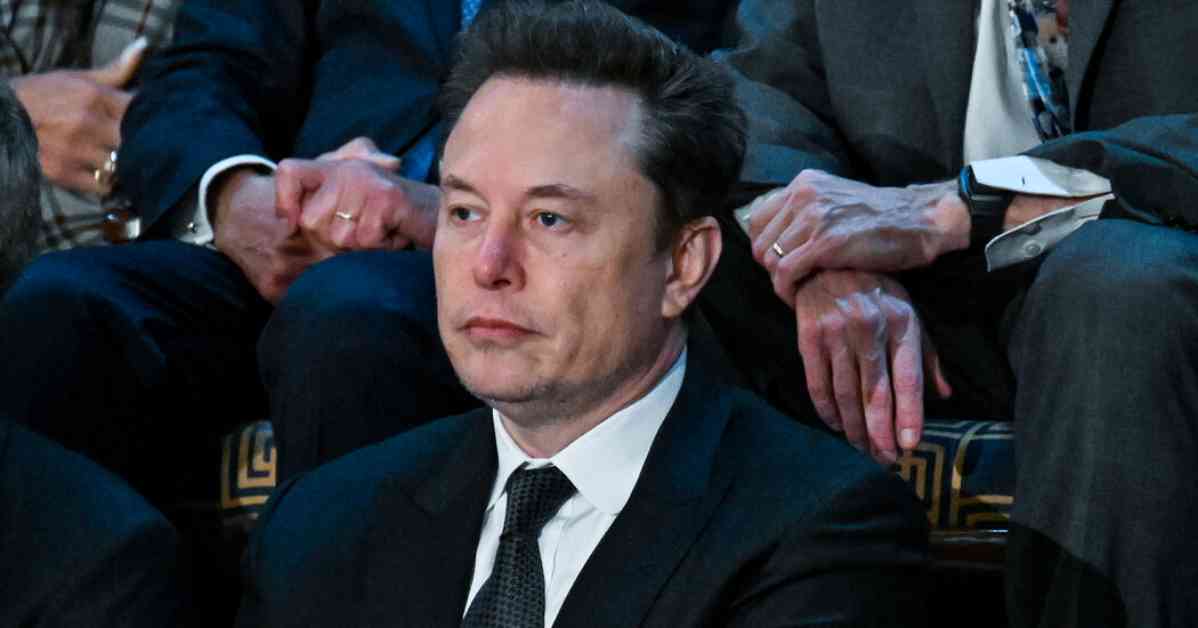Elon Musk’s transgender daughter, Vivian Jenna Wilson, recently spoke out in an exclusive interview with NBC News about her strained relationship with her father. She shared that Mr. Musk had been “uncaring” and “cruel” towards her as a child for being queer and feminine.
According to Ms. Wilson, Elon Musk was described as a cold and narcissistic father who would harass her for displaying feminine traits and pressure her to appear more masculine, even going as far as pushing her to deepen her voice since elementary school. These revelations came after Mr. Musk made controversial comments about her transgender identity in an interview with Jordan Peterson earlier in the week.
During the interview, Ms. Wilson expressed that her father’s comments had crossed a line and that she refused to let them go unchallenged. She highlighted that Elon Musk had been aware and had authorized gender-affirming care for her when she was 16, despite his claims of being tricked into it.
It was mentioned that Ms. Wilson had not been in contact with her father for about four years and had chosen to distance herself from him. She emphasized that she was an adult at 20 years old and that her life should be defined by her own choices, not by her father’s actions.
This public revelation sheds light on the complexities of family relationships, especially when it comes to acceptance and understanding of LGBTQ+ identities. It also highlights the importance of respecting an individual’s autonomy and right to define themselves on their terms, regardless of their family background.
The story of Vivian Jenna Wilson and Elon Musk serves as a reminder that love, support, and acceptance are crucial elements in any parent-child relationship, especially when faced with issues of identity and self-expression. It also underscores the significance of open communication, empathy, and respect within families, regardless of differences in beliefs or perspectives.


